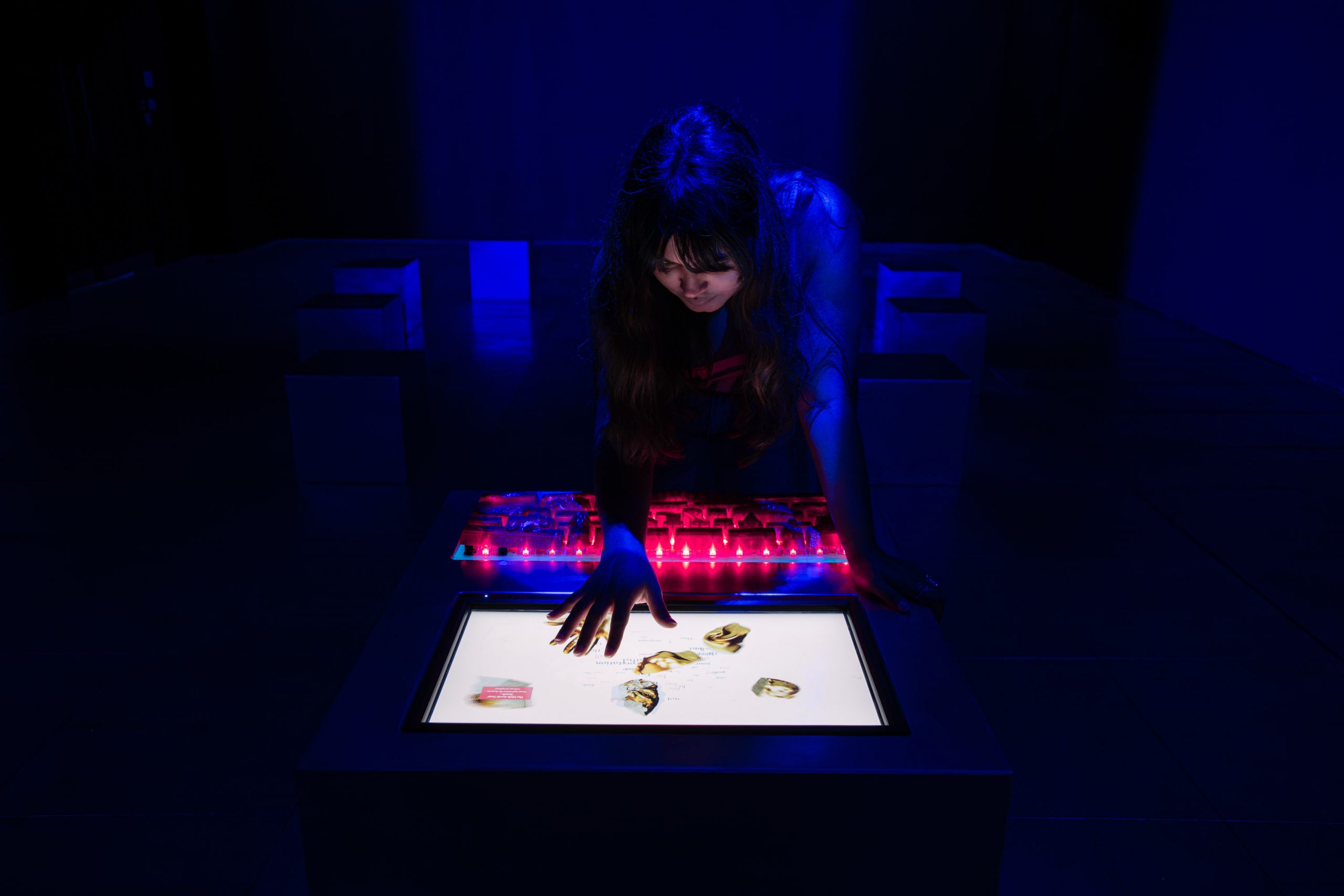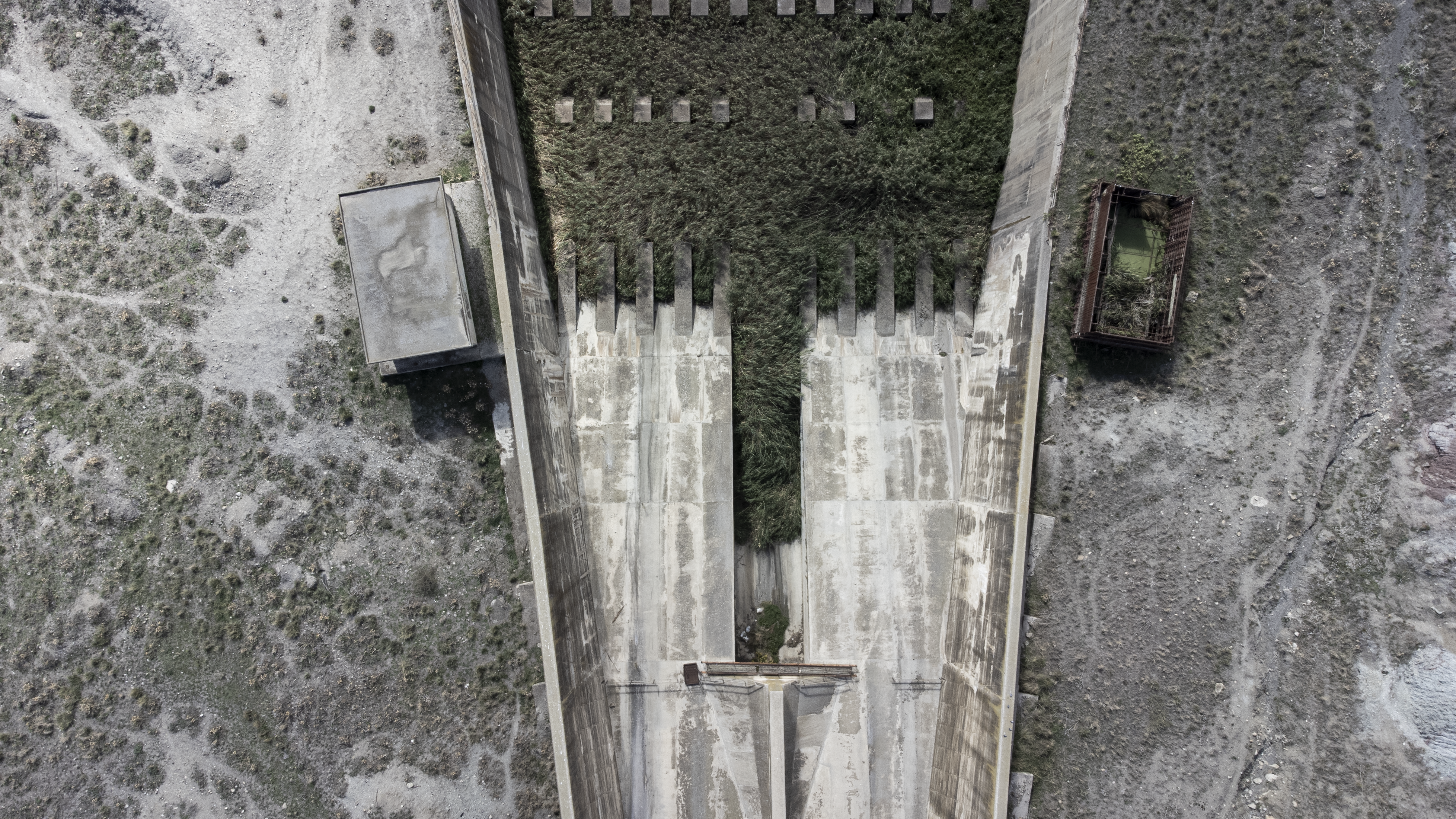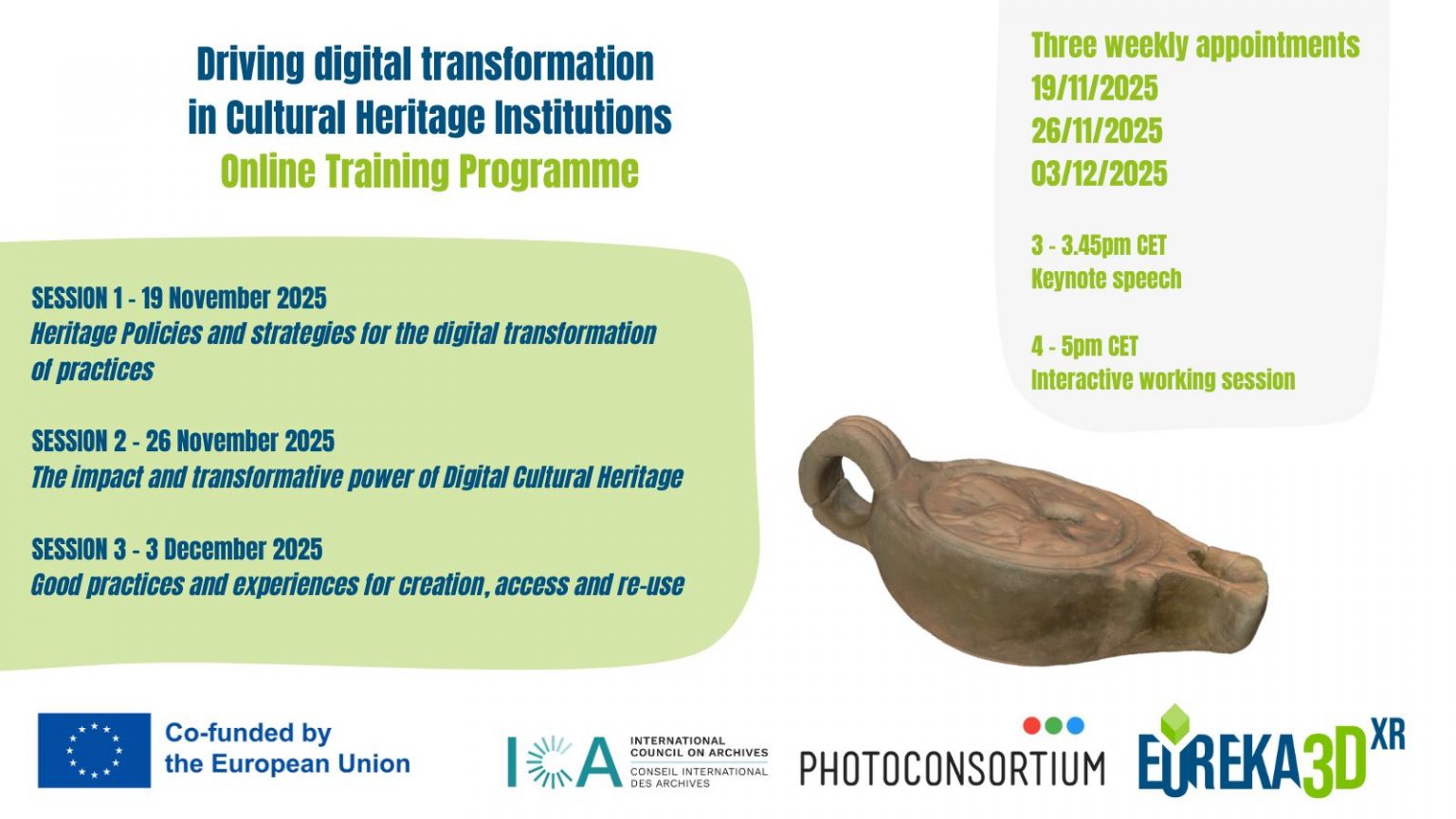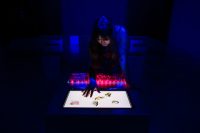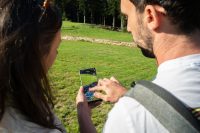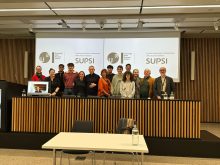 The entrepreneur Oliver Miro, with decades of sales experience in the family art gallery, has launched an extended reality platform that offers to private galleries the opportunity to virtually reproduce their spaces, adapting the artworks here displayed. This new tool not only allows galleries to be visited virtually, but represents a new way of conceiving the art market. In fact, collectors can use virtual reality to simulate the effect that the artwork they intend to buy produces inside their own homes. The collector is then able to decide whether to buy or not the artwork without moving it from the art gallery.
The entrepreneur Oliver Miro, with decades of sales experience in the family art gallery, has launched an extended reality platform that offers to private galleries the opportunity to virtually reproduce their spaces, adapting the artworks here displayed. This new tool not only allows galleries to be visited virtually, but represents a new way of conceiving the art market. In fact, collectors can use virtual reality to simulate the effect that the artwork they intend to buy produces inside their own homes. The collector is then able to decide whether to buy or not the artwork without moving it from the art gallery.
The project was started three years ago with the aim of avoiding vain movements of artifacts for commercial purposes, but it certainly represent an attractive resource in a period of crisis such as the one we are currently experiencing with the COVID- 19 pandemic, which obliged a plenty of small-medium art galleries to close, in fact they can use the digital platform for reproducing their exhibitions and be virtually visited by collectors.
The platform is made up of two complementary, augmented and virtual reality apps: the first is called Vortic Curate, it is accessible through subscription and allows galleries to set up virtual exhibitions customized for specific collectors by the use of high resolution 3D scanning technology.
For collectors Vortic offers two apps: Vortic Collect is an AR app available for smartphones and tablets through which collectors can attend to exhibitions, fairs and private views. They can also place works using augmented reality to see how they would look in their own homes.
The second is Vortic VR, the virtual reality version of the app that allows audiences to fully immerse themselves in the digital exhibitions through VR. The app is supported by Oculus headsets, and let audiences explore exhibitions in 3D from any angle.
The full capacity of the platform was showcased through a co-presentation of artists from David Zwirner and Victoria Miro
Login Status
-
Free text
UPCOMING EVENTS:
 Bursa, 16-17 September 2025
Bursa, 16-17 September 2025The SECreTOUR project participated in the Summer School organised by the REMODEL project on 16-17 September 2025 in Bursa, Türkiye. The REMODEL Summer School «Innovative Business Solutions for the Food and Beverage Industry» was held at the premises of the … Continue reading →
 Brussels, 23-26 January 2026
Brussels, 23-26 January 2026We’re excited to announce the 3D-4CH Winter School, taking place from 21 to 23 January 2026 at the Royal Museum of Art and History in Brussels. This three-day event is tailored for cultural heritage professionals, from museum teams to digitisation … Continue reading →


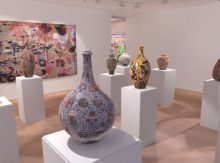
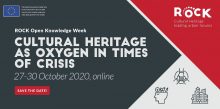
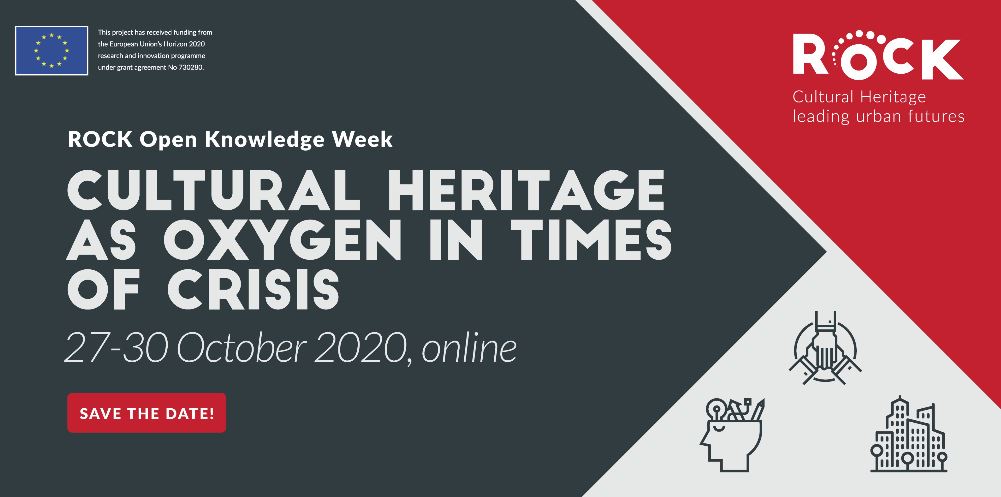
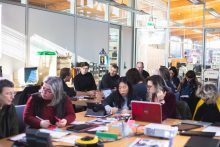
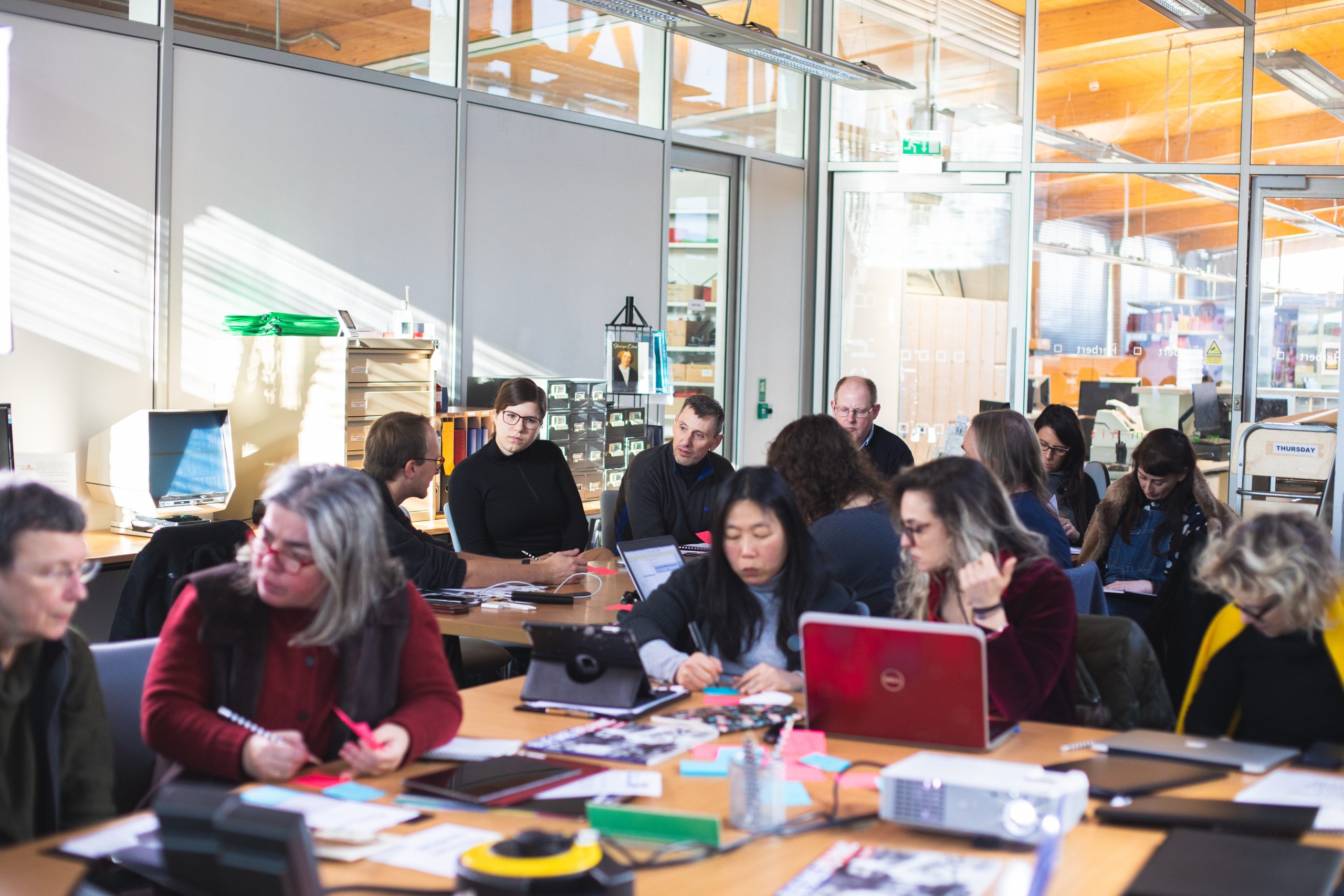 The project
The project 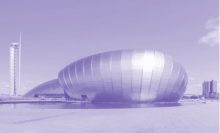
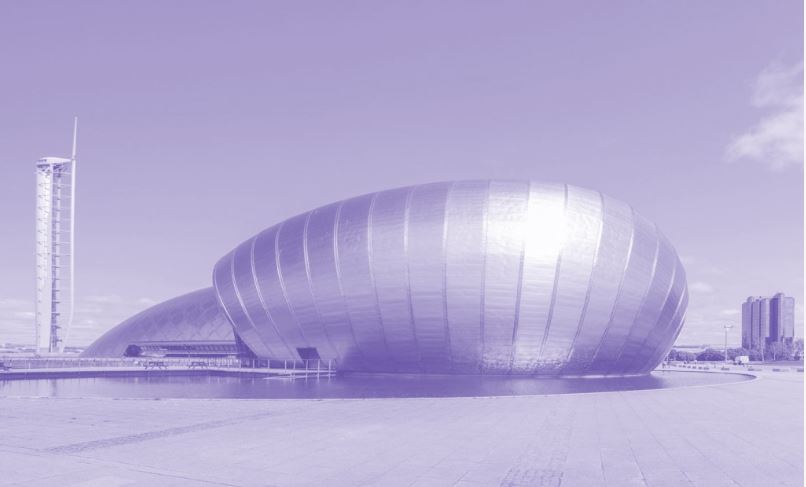 Reimagining Museums for Climate Action asks designers, architects, academics, artists, poets, philosophers, museum professionals and the public at large to radically (re)imagine and (re)design the museum as an institution, to help bring about more equitable and sustainable futures in the climate change era. The competition aims to explore how museums can help society transform to a low carbon future, adapt to the impacts of climate change, and safeguard ecosystems.
Reimagining Museums for Climate Action asks designers, architects, academics, artists, poets, philosophers, museum professionals and the public at large to radically (re)imagine and (re)design the museum as an institution, to help bring about more equitable and sustainable futures in the climate change era. The competition aims to explore how museums can help society transform to a low carbon future, adapt to the impacts of climate change, and safeguard ecosystems.
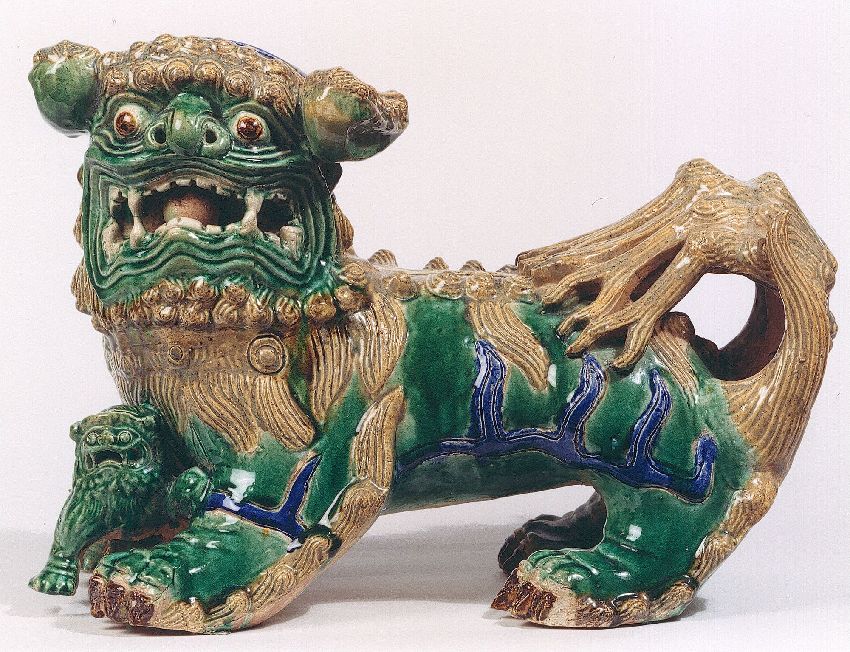
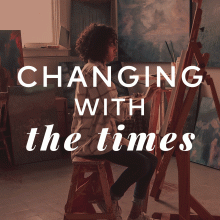
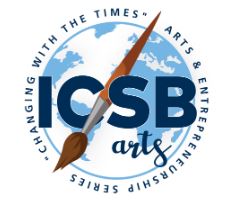
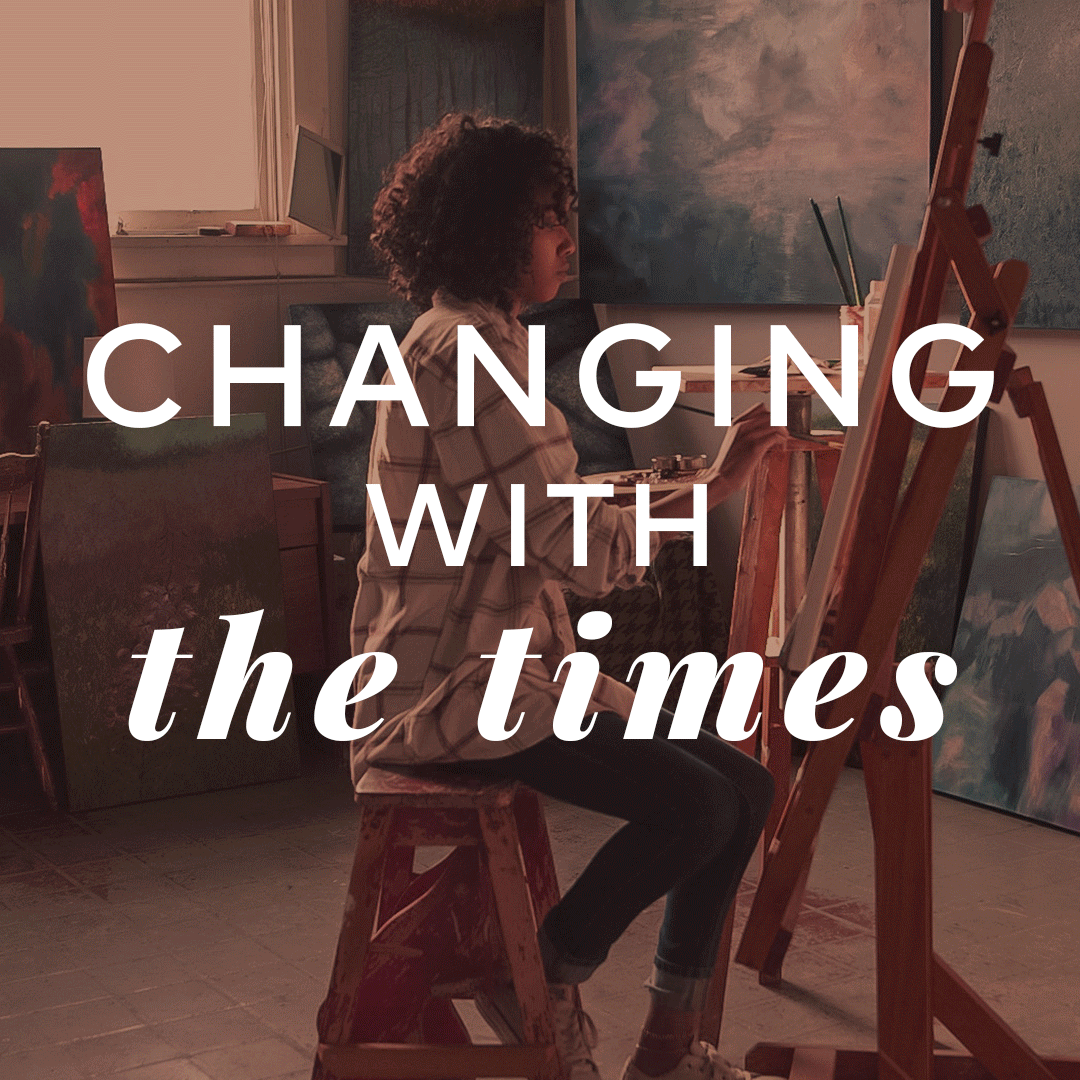

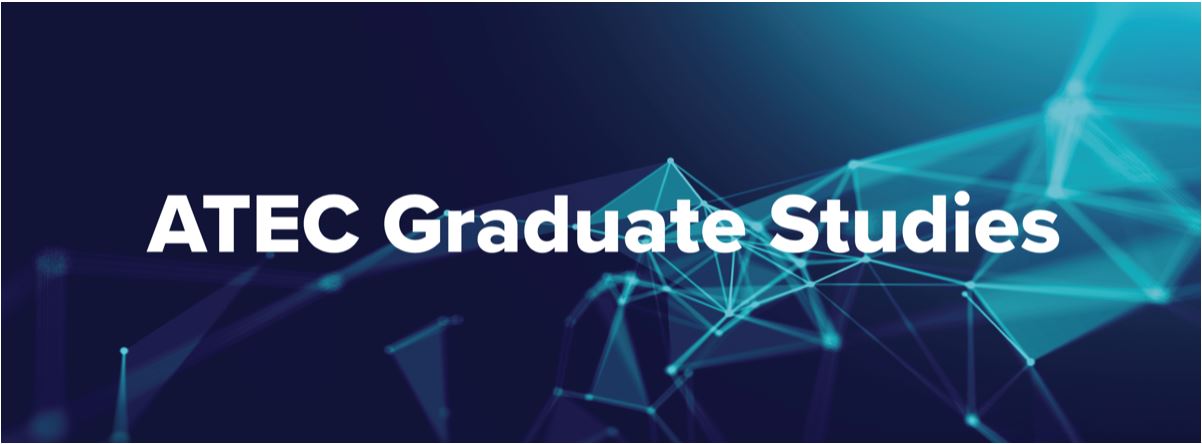 Do you appreciate the opportunities of cross-disciplinary education?
Do you appreciate the opportunities of cross-disciplinary education?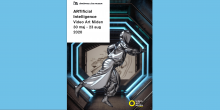
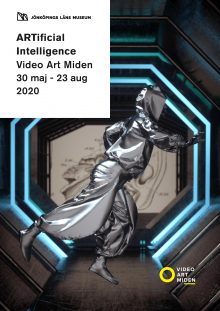 The video art selection, curated by Gioula Papadopoulou (art director and curator of Video Art Miden) presents 8 works that deal with various concepts concerning the “homo digitalis” era and artificial intelligence, exploring the physical detachment and the gradual digitalization and virtualization of our world, our societies and our minds.
The video art selection, curated by Gioula Papadopoulou (art director and curator of Video Art Miden) presents 8 works that deal with various concepts concerning the “homo digitalis” era and artificial intelligence, exploring the physical detachment and the gradual digitalization and virtualization of our world, our societies and our minds.







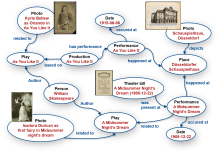
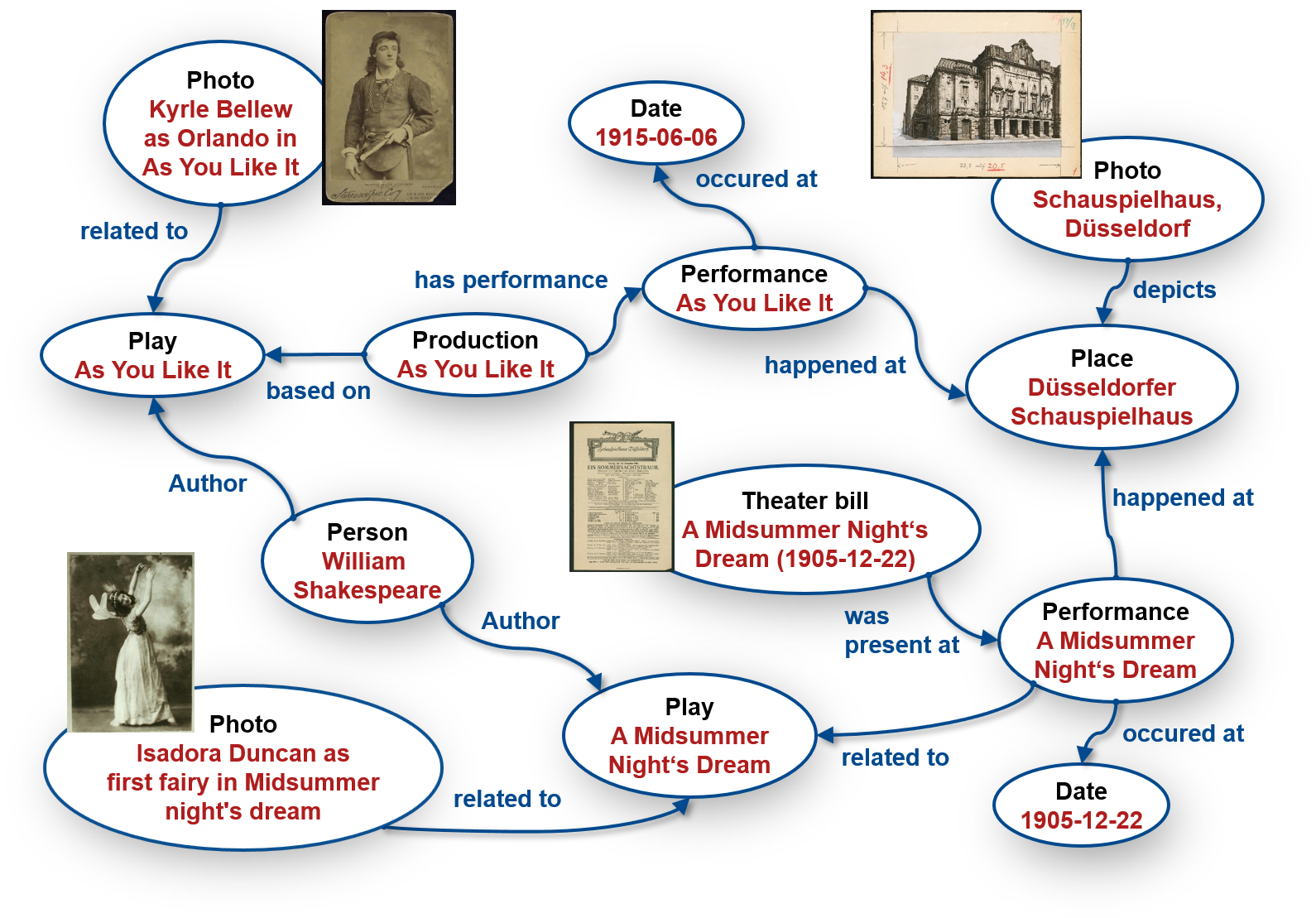 img.: Schematic depiction of a knowledge graph in the performing arts domain; from the paper by Julia Beck, Frankfurt University Library, CC0.
img.: Schematic depiction of a knowledge graph in the performing arts domain; from the paper by Julia Beck, Frankfurt University Library, CC0.